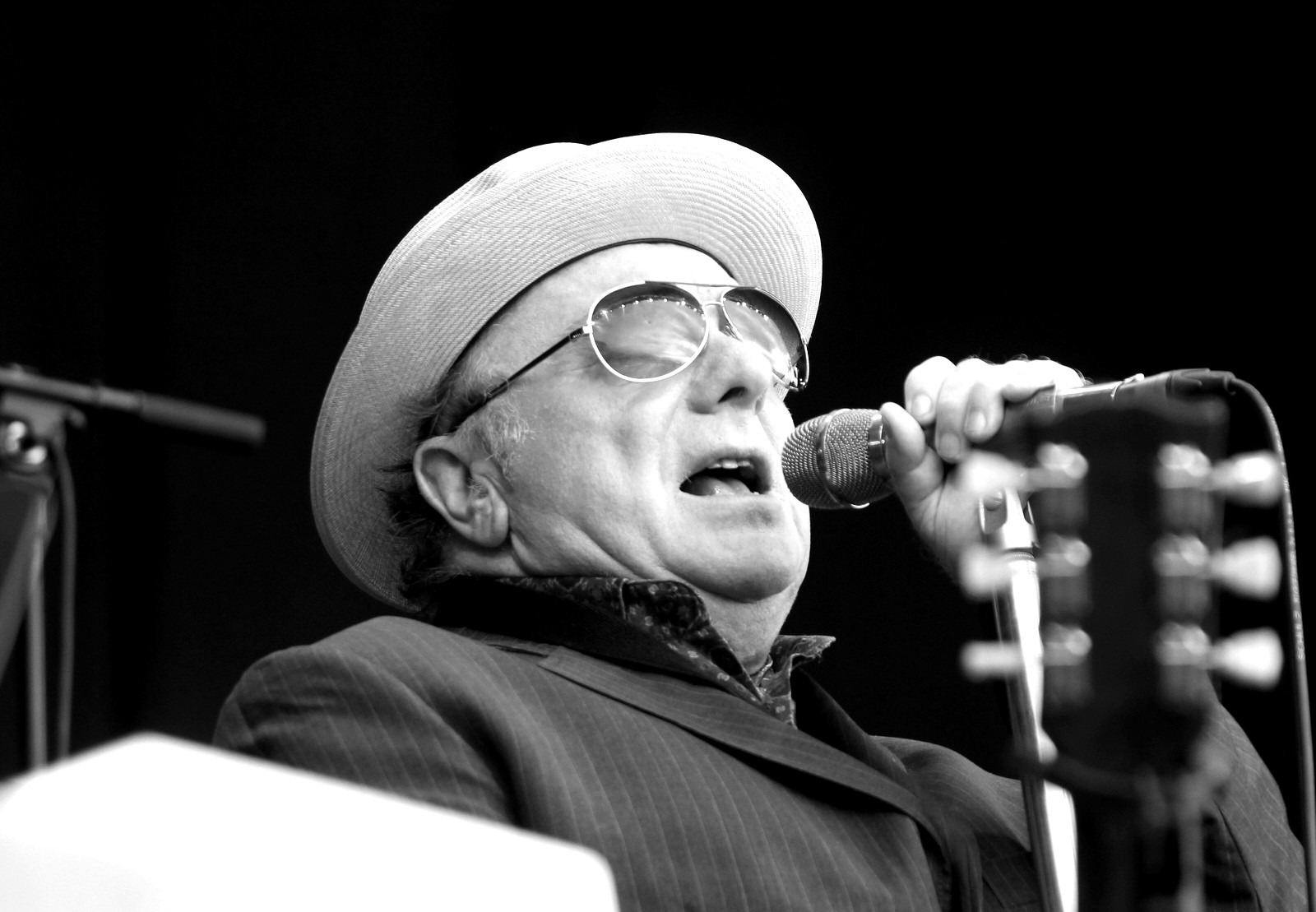I’ve fantasised about writing a gritty memoir where I negotiate Van Morrison’s first gig in Dublin when his hit single “Baby Please Don’t Go” is in Britain’s Top Ten best-selling record chart. The working title might be Juvenile Rock Star Meets Teenage Tycoon – and the story is true: I did book Van Morrison into the Stella ballroom in Dublin’s Mount Merrion in 1964. I was a precocious teenager managing a group and running gigs in Belfast after leaving school where two of my classmates played in a band with Van Morrison. On the cusp of fame, Van admitted to me that he was broke and asked if I…
Cancel at any time. Are you already a member? Log in here.
Want to read the full story?
Unlock this article – and everything else on The Currency – with an annual membership and receive a free Samsonite Upscape suitcase, retailing at €235, delivered to your door.

